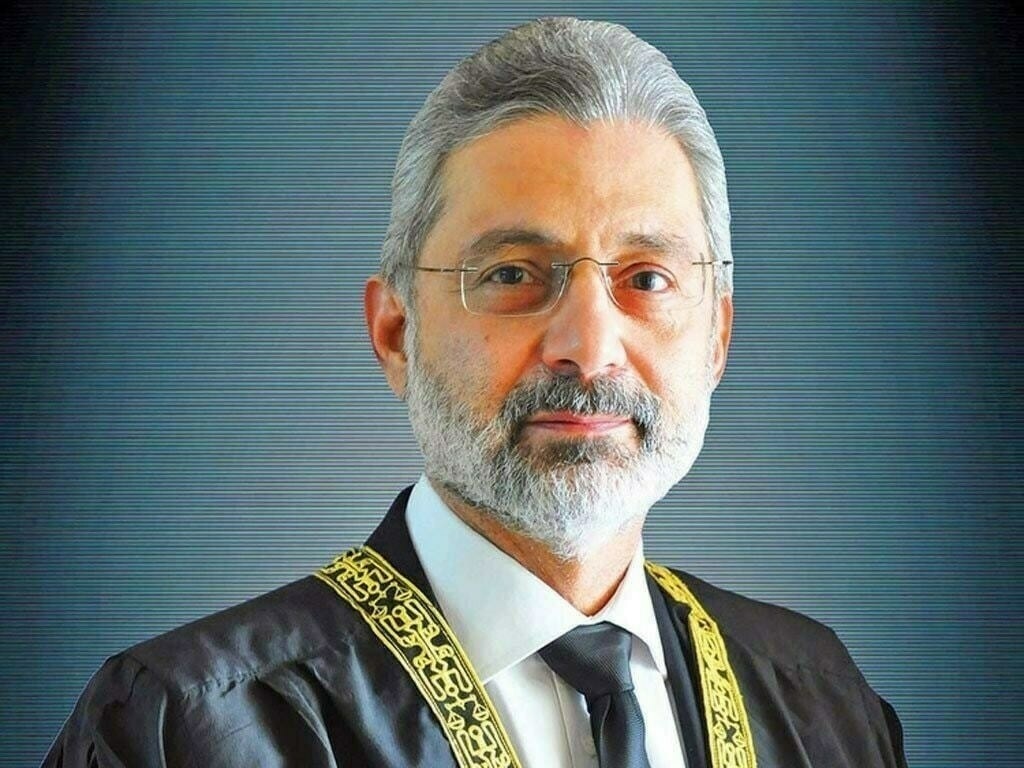25 defendants, including PTI officials, have non-bailable arrest warrants issued by the Anti Terrorism Court of Rawalpindi for their failure to show up for court proceedings related to the GHQ attack case.
Judge Amjad Ali Shah added nine more suspects to the GHQ attack indictment list during today’s ATC Court sessions, bringing the total to 98.
Among the 61 defendants who appeared in court were Shah Mehmud Qureshi and the founder of the PTI.
Among those charged are Khadim Hussain Khokhar, Mehr Mohammad Javed, Chaudhary Asif, Zakir Ullah, Azeem Ullah, Shireen Mazatri, Major Retired Tahir Sadiq, and former MPA Rashid Hafeez.
A plea to cancel the bail of 23 suspects, including Chief Minister Khyber Pakhtunkhwa, has also been filed by the prosecution side.
In the GHQ attack, there were 119 accused in total.

